Traversing billions of years of evolution, Kevin Mitchell tells the remarkable story of how living beings capable of choice arose from lifeless matter.
Across a billion years of Earth's history, life evolved the power to choose. Most things in the universe are caught up in the flow of physical causation around them but life doesn’t like to be pushed around. Life holds itself apart. First, living beings maintain a barrier with the outside world – this is what distinguishes them as entities. And second, they do work to keep themselves organised, and in doing so seem to resist the second law of thermodynamics.
Living organisms are thus causally insulated from the rest of the universe. They are buffered from the effects of all kinds of physical and chemical goings-on outside them, not pushed around by every passing potential cause. Instead, they become causes in their own right. Not merely as complex mechanisms, which you might say are pushed around by their own parts, but as holistic selves – as agents.
These causal capacities evolved with the earliest life-forms, but were greatly elaborated along certain evolutionary lineages, especially our own. By following this story, we can understand the emergence of sophisticated systems for cognition, decision-making, and behavioural control that ultimately manifest as what we call “free will” in humans.
SUGGESTED VIEWING Free will is not an illusion With Denis Noble
This story begins with doing things for reasons. Non-living things don’t have reasons and they don’t do anything – they’re merely involved in happenings. But living things have a prime directive: to stay alive. They persist through time, in exactly the way that a static entity like a rock doesn’t – by being in constant flux. Living organisms are not just static patterns of stuff, they are patterns of processes.
Keeping those processes going requires energy, which for many organisms means taking in some kind of food. This simple fact presents a fundamental sort of goal-directedness. We can say that an organism – even a simple one like a bacterium – has a goal of getting food in order to support this over-arching purpose of persisting. It thus becomes valuable, relative to this goal, to develop systems that can detect food in the environment and that mediate directed motion towards it. The organism is now not just being pushed about by mechanical forces – either inside them or outside them. Instead, it is responding to information about things in the world and reacting appropriately. It is doing things for reasons.
Of course, bacteria are not aware of those reasons. They’re not apprehending the signals from the receptors on their surface and then deciding what to do. Instead, the appropriate control policies are pragmatically wired into their biochemistry and cellular physiology.
___
Sensation became decoupled from immediate action.
___
Our little bacterium is thus not pushed around by its parts. It is not just a locus of some happenings, driven deterministically by simple stimulus-response mechanisms. Rather, it is a constantly active – indeed, pro-active – organism, reading the cues from the environment and adjusting its behavior appropriately, in ways that favour its persistence. It is a holistic and integrative system that does things for the reasons of the whole organism – not the reasons of its parts.









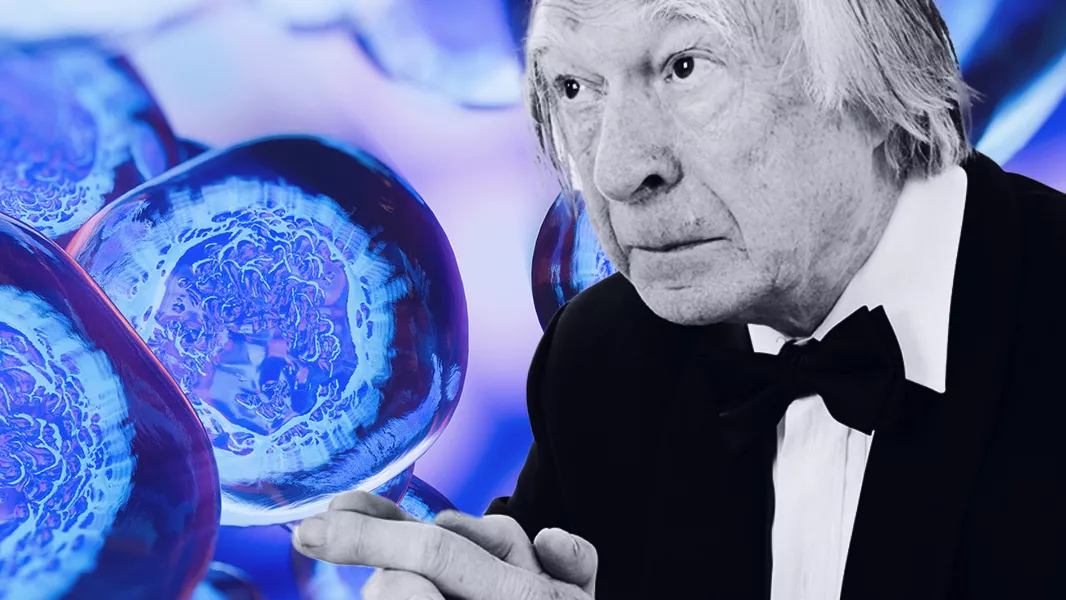

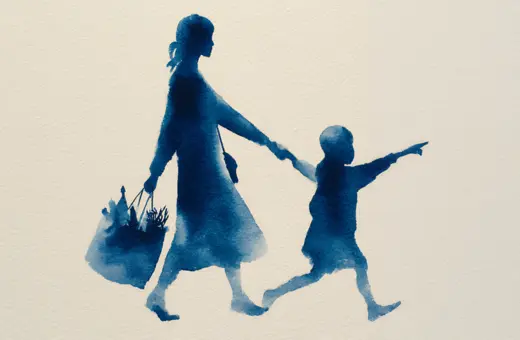
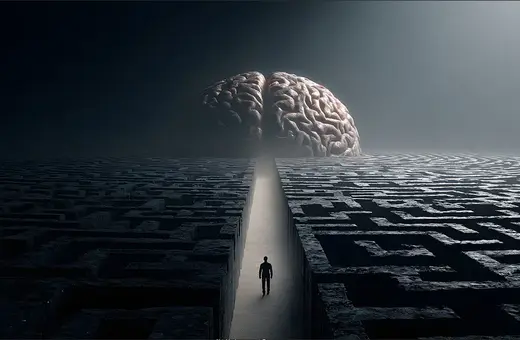
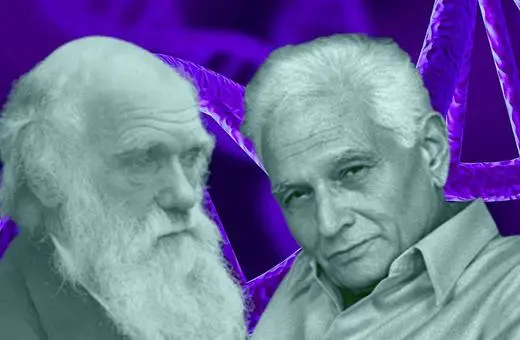
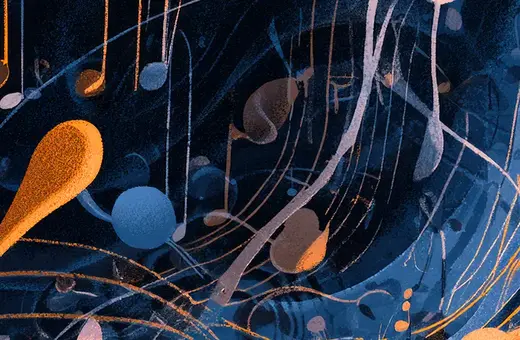
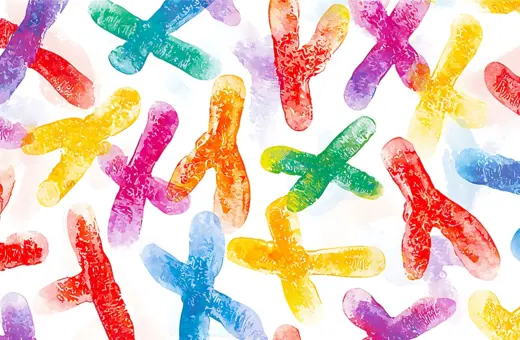
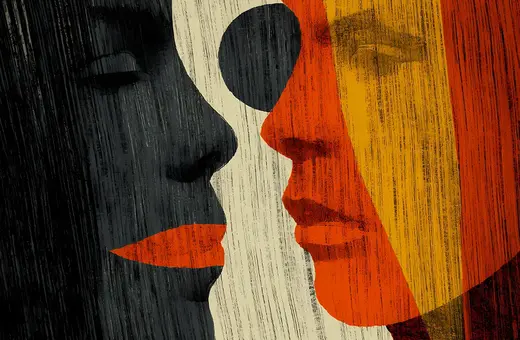
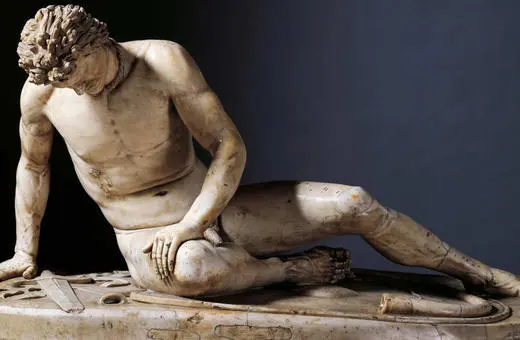
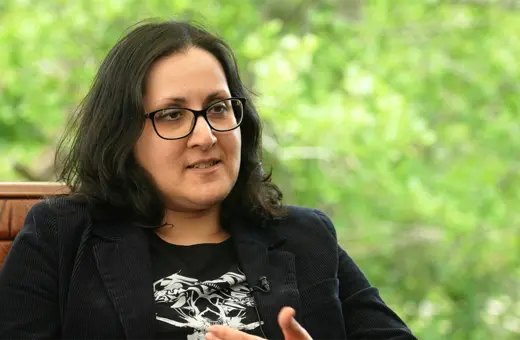



Join the conversation